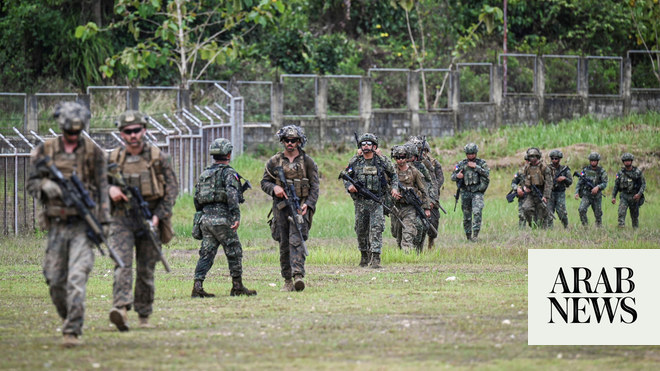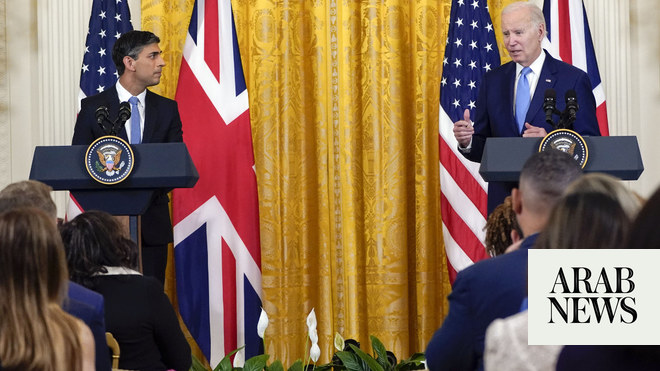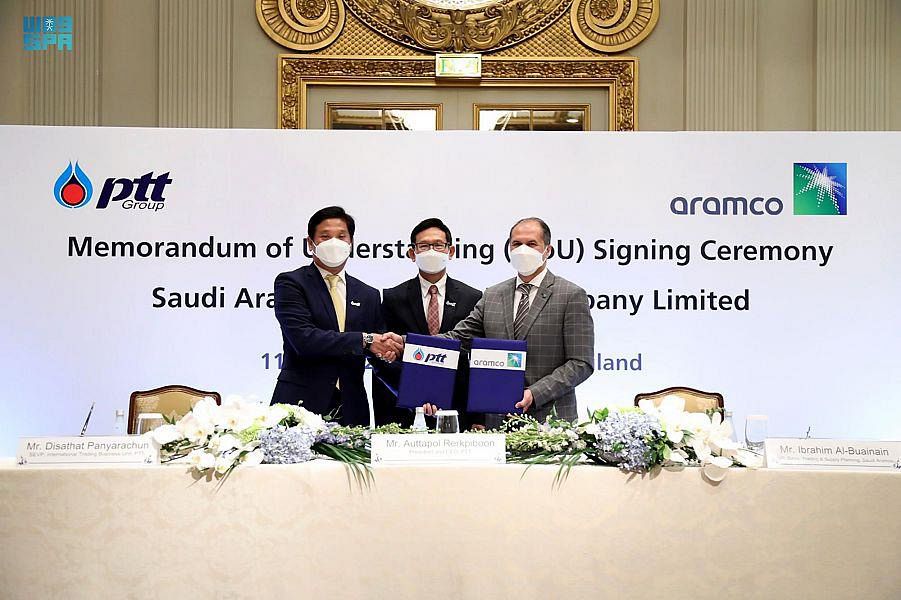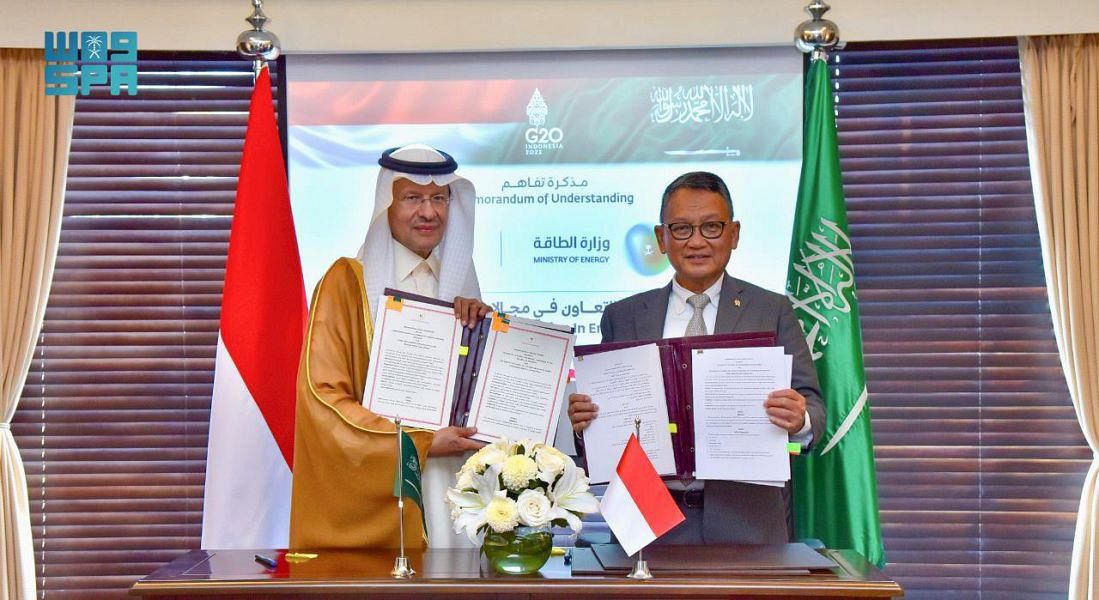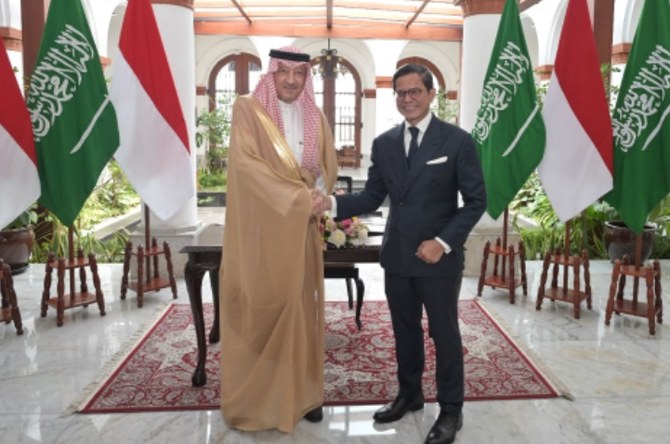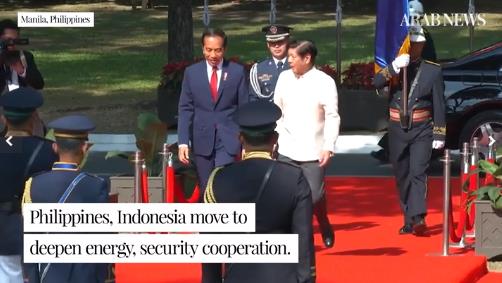
Indonesian President Widodo meets Philippine counterpart Marcos Jr. in Manila
Marcos and Widodo also discuss developments in South China Sea
MANILA: The Philippines and Indonesia agreed to strengthen energy and security cooperation during President Joko Widodo’s visit to Manila on Wednesday.
Philippine President Ferdinand Marcos Jr. and Widodo witnessed the signing of a memorandum of understanding to strengthen relations on energy, as the two neighbors marked 75 years of diplomatic ties this year.
“Through this MoU, our countries create a new synergy as we cooperate to achieve energy security,” Marcos said in a joint press conference after their meeting at the presidential palace.
The preliminary agreement “reinforces and updates the long-term energy cooperation between the two countries,” the Philippine Department of Energy said.
After the Philippines secured assurance on steady access to coal from Indonesia last year, Manila is now looking into deeper cooperation on a transition fuel to fill the gap for when existing coal-fired power plants start to retire.
Wednesday’s agreement also covers collaboration in energy transition, renewable energy, electric vehicles, as well as alternative fuels.
“The two countries are major sources of minerals needed for the energy transition and have vast potential for solar, wind and ocean energy production,” the DOE said in a statement.
The Philippine and Indonesian leaders also outlined their security commitment agreement.
“As immediate neighbors and fellow archipelagic states, the Philippines and Indonesia agreed to continue our cooperation on political and security matters,” Marcos said.
“President Widodo and I had a fruitful and honest discussion on regional events of mutual interest such as the developments in the South China Sea and ASEAN cooperation and initiatives … The Philippines and Indonesia affirmed our insistence on the universality of UNCLOS, which sets out the legal framework that governs all activities in the oceans and in the seas.”
Their meeting came amid rising tensions in the South China Sea, where Philippine and Chinese officials have accused each other over collisions in the disputed waters.
Beijing claims the strategic waterway almost in its entirety, including areas that Southeast Asian nations like the Philippines have long considered within their territorial boundaries.
“In the field of politics and security, we have agreed to strengthen border cooperation,” Widodo said. “Regarding our region, we agreed on the importance of strengthening ASEAN unity and centrality that is not merely a jargon and for ASEAN to continue to uphold the principles of international law and become a positive force for peace, stability and prosperity.”
Ramon Casiple, a political analyst based in Manila, said it is “important to talk” amid tensions in the region.
“We should talk to everyone who can help so that together we can make progress in all our cooperation,” Casiple told Arab News.
“Currently, the big problem in our region is China because of the South China Sea. Then there is also the problem of a possible war in Taiwan. We really need to be talking.”





